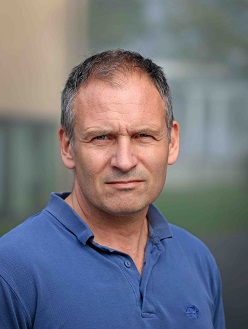
Prof Mikael Hedenqvist
KTH Royal Institute of Technology in Stockholm, Sweden
Title: Protein Plastics
Biography
Biography: Prof Mikael Hedenqvist
Abstract
In this presentation the possibilities and challenges associated with the use of protein-based materials in applications where petroleum-based plastics are used today. The processability of protein-based materials using techniques currently used for petroleum-based plastics (e.g. injection moulding, compression moulding and extrusion) will be discussed as well as the properties of the final products. Examples will be given for proteins (one-component materials and blends) that we work on or have worked on. These include wheat gluten, rape-seed, whey and potato protein materials. Also the processing and properties of non-food proteins will be presented. The protein structure and the physical and chemical properties of the protein materials are assessed using e.g. SE-HPLC, DSC, TGA, infrared spectroscopy and mechanical tests. The properties of films, plates, 3D-shaped items and foams will be given and discussed. The materials are either rubbery (plasticised) or glassy, showing everything from soft/resilient to stiff behaviour. Some special features, obtained with the use of additives (e.g. biochar, graphene and carbon nanotubes) and/or special processing techniques, are highlighted, such as fire-retardancy, liquid absorption and electric properties. Moisture and microbial resistance, obtained by e.g. coatings and antimicrobial agents, are highlighted and expected life-times in various environments are also discussed. The work have been performed in collaboration with Dep. of Plant Breeding/Dep. of Molecular Sciences/Swedish University of Agricultural Sciences, Rice Bioeconomy, Risø National Laboratory for Sustainable Energy/Technical University of Denmark, MAX IV Laboratory/Lund University, Deutsches Elektronen-Synchrotron/Hamburg, Dep. of Chemistry/Dep. of Materials Science and Engineering/KTH, Centre for Advanced Composite Materials/Dep. of Mechanical Engineering/Dep. of Chemical and Materials Engineering/University of Auckland, Dep. of Mechanical and Aerospace Engineering/Dep. of Chemical Engineering/Monash University.

